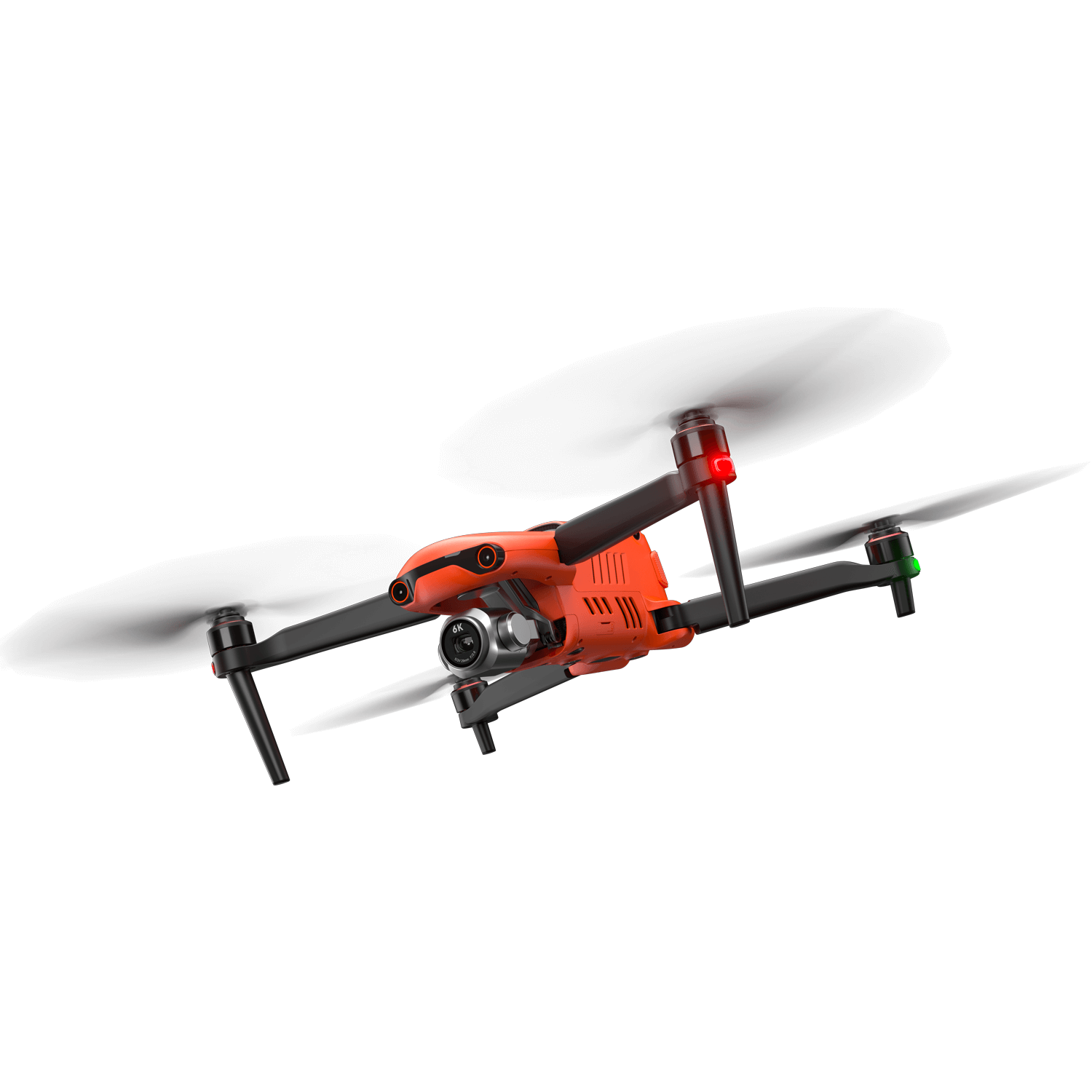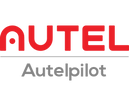Drone roof inspections are a revolutionary new tool in the inspection field. Drone technology has changed many industries, especially when it comes to roof inspections.
Commercial drones are equipped with high-definition cameras, stable flight performance, easy planning of roof inspection routes, and easy access to hard-to-reach areas, allowing homeowners or building contractors to regularly inspect roofs and identify early warning signs of any type of damage and damage repairs.
Why Use Drones For Roof Inspections?
Traditionally, roof inspections require inspectors to climb onto the roof with the help of ladders to inspect, and for areas that are not easily observed by the naked eye, they also need to carry tools such as handheld thermal imagers for careful inspection and evaluation.
This inspection method is not only time-consuming, but also poses a greater safety risk.
Drones equipped with high-resolution cameras and various sensors have brought safer, more efficient, and more accurate methods to these inspections. Drones are small in size, highly maneuverable, easy to deploy, and can quickly inspect large areas in a short period of time. For areas where the inspection results are uncertain, they can also quickly conduct secondary inspections.
 Now, there is a great demand for this technology among roof contractors, building surveyors, property managers, and even private individuals who want to inspect roofs.
Now, there is a great demand for this technology among roof contractors, building surveyors, property managers, and even private individuals who want to inspect roofs.
At the same time, except for a very small number of brick-concrete structures, most single-family houses in the United States are mainly wooden structures, and most of the roofs are linoleum, which requires regular maintenance and replacement. It basically costs thousands or tens of thousands of dollars to repair the entire roof. Homeowners can greatly reduce maintenance costs by using drones for regular inspections.

In addition, some home users prefer to install solar panels on their roofs to generate electricity using the clean and renewable characteristics of solar energy and reduce electricity expenses. For solar inspections on roofs, traditional visual inspections require climbing onto the roof with a ladder and using a handheld thermal imager to help further identify manufacturing defects, cracks, connector failures, bypass diode defects, and temporary shadows.
View More: How To Use A Drone To Inspect Solar Panels On A Roof?
Let thermal imaging drones help solar panel inspections. Drone thermal inspection can improve efficiency and reduce costs, capture effective thermal data and RGB data, understand solar panel defects, identify non-electrical problems such as stains, shading or animal nesting, and help improve safety.
What Is The Drone Roof Inspection Jobs?
According to surveys, most Americans who live in villas have a 5+2 lifestyle (Monday to Friday in the city, weekends in the suburbs). This has caused villas to be neglected and damaged due to natural wear and tear and external interference.
Common roof damage areas:

- Aging and wear-and-tear of roof coverings
- Stains due to moisture retention
- Loose or missing shingles, tiles, etc.
- Bent or curled edges of metal panel roofing
- Holes made by burrowing pests, such as squirrels
- Deterioration of wooden roof soffits and fascia
- Punctures due to falling objects like tree limbs
- Malfunctioning gutter systems
- Roof damage due to hurricanes
- Regular inspection and maintenance of solar panels on roofs
Drones can quickly collect inspection data, save time and money, generate reports, and facilitate repairs and claims.
What To Look For In A Roof Inspection Drone

Battery Life/Flight Time: You need a fully charged drone that can fly for at least 25 minutes and a spare battery or two at hand.
Camera Quality: You'll need at least an HD camera drone that shoots in 4k, so you can zoom in on the image to see details.
Flight Stability: You need a high-quality flight control system, strong wind resistance and obstacle avoidance.
Gimbal: The integrated gimbal is a feature, and most drones with cameras have a three-axis gimbal to keep the picture stable for shooting.
GPS System: You need a drone with a well integrated GPS, waypoint mission capability, and RTH capability.
Thermal Imaging: Drones equipped with the thermal camera option will also scan deeper structures of the house, creating more images.
Registration: Commercial drones must comply with FAA drone regulations, and drone weight matters.
New Technology: Drone thermal imaging for roof inspection
Drone thermal imaging is a new technology with potential for roof inspection and maintenance. Drones equipped with infrared thermal imaging cameras can capture and display the heat distribution of target objects in real time during flight, thereby identifying potential problems and defects, such as water leakage, poor insulation, etc.
Drone thermal imaging technology fully improves inspection efficiency, reduces safety risks, saves costs during roof inspection, and provides an efficient, safe and accurate solution for roof maintenance.

The Best Commercial Drones for Roof Inspections
In drone missions for roof inspections, inspectors get fast and comprehensive inspections, full safety, real-time monitoring and data recording, high-resolution images, and cost-efficiency. This is inseparable from high-resolution camera drones and powerful thermal imaging drones.
Here, we will recommend the following 2025 best roof inspection drones.
Top Picks for Roof Inspections
| Drone Model | Camera | Flight Time | Thermal Imaging | Price |
|---|---|---|---|---|
| Autel EVO II 640T Enterprise V3 | 50MP, 8K | 38 mins | Yes | $6,999 |
| DJI Mavic 2 Enterprise | 48MP, 4K | 30 mins | Yes | $6,899 |
| Parrot Anafi Thermal | 21MP, 4K | 26 mins | Yes | $7,000 |
| DJI Phantom 4 Pro V2.0 | 20MP,4K | 30 mins | No | $1,949 |
| Autel EVO 2 Pro V3 | 20MP, 6K | 40 mins | No | $2,099 |
Efficient roof inspection business requires high-specification drones. Choose drones with high-definition imaging, long battery life, automatic cruise, and thermal imaging functions to better support roof inspection business.
- Best 6K Drone for Roof Inspections: Autel EVO II PRO V3
- Best Thermal Drone for Roof Inspections: Autel EVO II 640T Enterprise V3
#1 Parrot Anafi Thermal

One of the first commercial drones to feature dual cameras, the Parrot Anafi Thermal Drone features a 21MP 1/2.4" RGB sensor that records 4k video and has a 69° FOV. Equipped with a FLIR Lepton 3.5 sensor, the thermal imaging camera can accurately detect temperatures between -10° and +400°.
The camera has an accuracy rating of ±5°C and supports 3 color palettes for better visual data in different environmental conditions.
Parrot Anafi Thermal Drone for sale: $7,000 USD (B&H Photo Shop)
#2 Autel EVO 2 Dual 640T Enterprise V3

$5,299USD Shop Now
This is an excellent corporate drone that is perfect for different types of building inspections. It has a dual camera consisting of an RGB camera with a 1/1.28-inch sensor capable of capturing 50MP high-resolution images and recording 8k video. The thermal imager can record 640×512 video at 30fps, and the temperature measurement accuracy is ±3°C.
The drone has a maximum flight time of 38 minutes and is equipped with an intelligent controller V3. The thermal imaging screen can be displayed alone or in combination with the visual image controller to form a picture-in-picture image, which simply and clearly displays the thermal image data. The Autel EVO 2 Dual 640T V3 drone has intelligent flight modes for mission planning to cover every inspection of the roof.
Autel EVO 2 Dual 640T Enterprise V3 for sale: $6,999 USD (Amazon Shop)
#3 DJI Mavic 2 Enterprise Advanced

DJI's most advanced Mavic drone features a 1/2-inch RGB sensor that captures 48MP images, records 4k video and has 32x digital zoom. The thermal imager can record 640×512 video, the frame rate is 30Hz, and the temperature measurement accuracy is ±2°C.
The drone is also equipped with an omnidirectional obstacle avoidance system, a 30-minute flight time and an intelligent flight mode called waypoints, which will allow operators to plan automatic flight paths for easier inspection tasks.
DJI Mavic 2 Enterprise Advanced for sale: $6,899 USD (Amazon Shop)
#4 DJI Phantom 4 Pro V2.0

The DJI Phantom 4 Pro V2.0 captures 4k 20-megapixel images by a 1-inch CMOS sensor, 5-way obstacle sensing, and is capable of performing pre-programmed automatic inspections and flights.
Manually controlled drones take close-up shots of roof defects. You can freeze the zoom focus to capture amazing details.
Not equipped with any thermal imager, the flight time is 30 minutes, and it can support a large number of professional third-party software platforms to produce detailed and high-quality panoramic maps.
DJI Phantom 4 Pro V2.0 for sale: $1,949 USD (Amazon Shop)
#5 Autel EVO 2 Pro V3


Autel Robotics EVO II Pro V3 Camera Drone
$2099.00 USD
Wonderful and high-quality drone is again from Autel, the Autel EVO 2 Pro V3 drone supports 6k/30fps video recording, 4x lossless zoom magnification, has adjustable aperture f/2.8-f/11, 1 inch CMOS sensor, shoots up to 20mp photos.
The Autel EVO 2 Pro V3 supports 360° obstacle perception, can perform waypoint missions and return functions. The EVO 2 Pro V3 shoots 6K images, and with professional roof inspection software, you can get a basic 3D model of the customer's roof.
To increase the accuracy of surveying and mapping, the Autel EVO II Pro RTK V3 drone can also perform centimeter-level precision surveying and mapping, making it a capable member of patrol surveying and mapping drones.
Autel EVO 2 Pro V3 for sale: $2,500 USD (Amazon Shop)
Drones Are A Good Supporting Tool For Roof Inspection Reports?
Get a roof drone for more roof inspections, roof reports and measurements.
Obviously, the practical application of enterprise drones in roofing and construction is very powerful. Not only that, they can also be used in the entire process of house construction, supervising house construction, aerial photography of houses, real estate photography, etc.

Rooftop drone inspections benefit from powerful camera performance. High-resolution visible light cameras and thermal imaging functions not only help drone roof surveys, but can also be used for fire rescue and emergency tasks, preparing for more professional fields.
Security: No need to contact directly, reducing potential danger and safety risks.
Cost benefits: greatly reduce manpower and time costs without building and demolishing ladder or scaffolding equipment.
Efficiency:Drone can quickly cover a large area of roofs quickly in a short time and provide instant feedback.
Comprehensiveness: drones can shoot roofs on different angles and heights many times to provide comprehensive information.
Environmental friendly: Using drones for roof inspection will not produce additional noise or emissions, nor will it affect the surrounding environment.
Do roofing companies use drones?
Drone roof inspections are a popular and effective way to inspect commercial and residential roofs. For these roof inspection companies, using drones for roof inspections and maintenance, damaged home insurance claim assessments is the best way.
By using advanced drone technology, roofing companies can inspect large roofs that are difficult and dangerous to inspect using traditional methods. High-resolution images and videos are taken to provide fast and safe drone inspections of roofs, which are more efficient and accurate.
Roofing companies also arrange for roofing professionals to thoroughly analyze images and videos to identify potential problems such as leaks, damage, cracks, and brittleness.
Autel Drone Roof Inspection Case Study
Laws and Regulations for Drones in Roofing Business
We already know the importance of drones for professional roofer inspections. Using drones, inspectors can quickly check all parts of a house and repeatedly check suspicious areas. But when using drones to inspect roofs, there are also relevant roof inspection drone regulations that need to be followed.
Drone roof inspection businesses require roofer pilots to meet FAA Part 107 certification requirements, have a remote pilot certificate, register drones over 250g, maintain a legal flight altitude below 400 feet, avoid privacy legal issues, and comply with other regulations regarding drone flight.
Conclusion
Want the best drone for roof inspection? Check out our recommended models! Parrot Anafi Thermal, Autel EVO 2 Dual 640T Enterprise V3, DJI Mavic 2 Enterprise Advanced, DJI Phantom 4 Pro V2.0, and Autel EVO 2 Pro V3 are our picks for the best drone platforms for roof inspections.
Drone roof inspections offer increased efficiency, safety, and exceptional accuracy data collection, which is a welcome fundamental shift for homeowners and roofing service companies. Deploying drones for roof inspections means huge benefits, and regular inspections will save you a lot of money.









